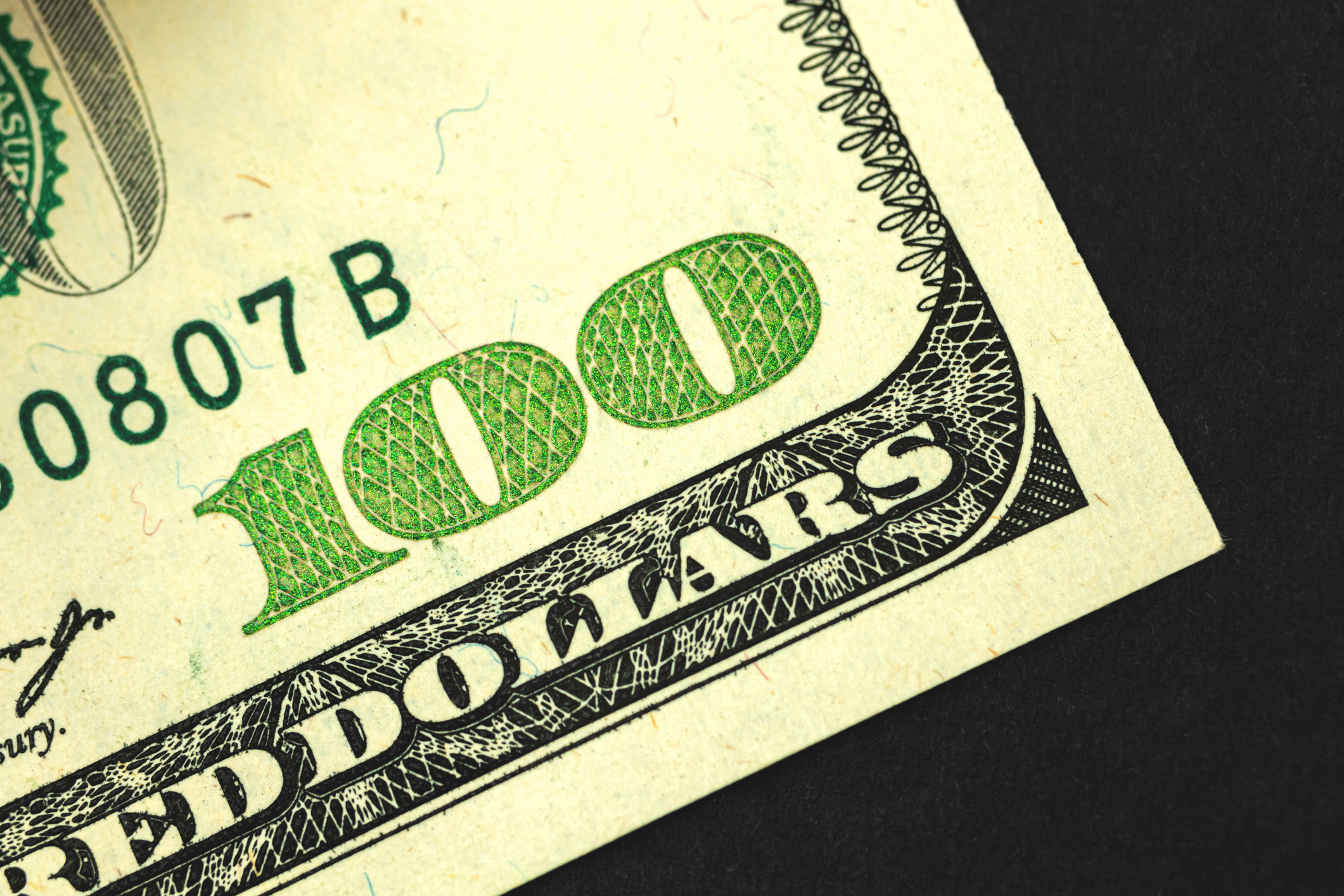If you’re starting a new business or expanding an existing one, we don’t have to tell you about the massive number of moving parts involved. Funding the transition is just one part—albeit a big one.
As expected, entrepreneurs often spend most of their time honing their craft, perfecting their product, or marketing, leaving little time and energy to devote to learning about funding.
To that end, we’ve compiled this quick guide to help you learn what you need to know about getting a 100k business loan or smaller at a glance so you can get back to meeting your business goals.
Understanding Business Loans
Typical business loans are similar to secured or unsecured collateral or personal loans. Generally, a business, rather than a person, applies to borrow money from a lender by supplying financial information, receives funding, and pays the principal and interest back over time.
The primary differences between business and other loan types involve the potential for seizure of business assets and collateral, loan term options and variables, and the perceived difficulty in obtaining a loan.
Personal Credit Vs. Business Credit
Getting a 100k business loan differs from getting a personal, mortgage, or other loan. Obtaining a loan that’s not associated with a business evaluates personal credit scores and history, and getting a business loan requires your company to have its own credit score and history.
Your FICO score or equivalent measures personal credit and uses your Social Security Number for tracking and recording. Factors such as the amount you owe, credit availability, and payment history directly affect your credit score. Personal credit scores range from 300 to 850, with higher being better.
On the other hand, business credit ties to your business or company’s financial health and is considered public information. Business credit uses your Employer Identification Number (EIN) for tracking with three primary credit bureaus. Equifax, Experian, and Dun & Bradstreet are the three bureaus that track business credit scores.
Business credit scores take time to develop and feature variables, including, among others, payment history, how the company uses its debt, and the risk involved with the business’s industry listing.
Related Article: Can I Get a Business Secured Credit Card?
Getting a Business Credit Score
There are several steps to start building your business credit score.
- Obtain an EIN.
- Register your company’s DBA name with your state.
- Register your company with your state’s Secretary of State.
- If required, register with other state entities, such as the Department of Labor.
- Register with the appropriate federal agencies if applicable for your business.
- Obtain a business banking account.
- Obtain a credit card in the company’s name.
- Discuss tax and credit strategies between personal and business finances with an expert.
- Apply for a DUNS number with Dun & Bradstreet.
Do I Need a DUNS Number?
Obtaining a DUNS number isn’t necessary for every business. However, having a DUNS number is crucial for obtaining many business funding resources, like loans and grants, associated with business types other than sole proprietorships. Having a DUNS number provides visibility for your company and is necessary to receive a Dun & Bradstreet credit score, which many lenders require.
15 Ways to Finance a Business
Numerous ways exist to fund a business. Some are more challenging to obtain than others, and some are more appropriate for specific business types. Here are 15 of the most popular methods. There are more.
- Secured Business Loan: Any business loan from a lender tied to collateral
- Unsecured Business Loan: or signature loans tied to personal or business credit score and not tied to collateral
- Business Term Loans: For somewhat established businesses. Involves simple borrowing and repayment over time with interest
- Business Line of Credit: Revolving unsecured credit line similar to credit card funding
- Small Business Loans (SBA): Any business loan partially guaranteed by the Small Business Administration. Strict qualification requirements
- Startup Loan: Any loan in which the funding is used to start a company
- Microloans: Business loans of $50,000 or less
- Equipment Financing: Loans using purchased equipment as collateral
- Working Capital Loan: Secured or unsecured loans to cover operational costs instead of equipment, goods, or other purchase
- Invoice Financing: Loans using your business invoices as collateral
- Invoice Factoring: Loans in exchange for designating funds from unpaid invoices
- Merchant Cash Advance (MCA): Funding from specific lenders with repayment coming from part of future sales
- Personal Loan Alternatives: Good for startups with no business credit history
- Business Credit Cards: Revolving credit providing instant access to funds, usually with high interest
- Crowdfunding: Financing from public backers with varying repayment terms if any
How To Get a 100k Business Loan
Taking on a 100k business loan is a big decision. Marking a new chapter in the growth of your company is exciting. However, approaching the decision with caution is necessary. Most of the process of getting a business loan, however much, is evaluating the situation.
Related Article: The Best Colorado Springs Business Loans
Evaluate Needs
Consider your business plan and results so far to determine the financial expectations in your company’s future. Thoroughly answer these questions:
1. What changes can new funding create?
2. Why should I get (or not get) a business loan?
3. How much is necessary to achieve my goals?
Evaluate Repayment Ability
When determining the business’s ability to repay the new debt, consider the potential revenue increase the funding will generate. However, be cautious and realistic in your assumptions. Evaluate current invoices and sales records to feel comfortable with the additional monthly loan payments.
Consider Funding Options
Multiple ways to fund a company exist. Using the results of your evaluations, identify two or more ways to obtain the necessary funding.
Apply to Lenders
The days of going to the bank and sitting with a loan officer to obtain a business loan are numbered. While you may need to perform this step in some business loan situations, many business financing and lending options are available online.
The benefit of shopping around online for the best business loan is that many platforms, including LendingTree, offer pre-qualification steps that allow you to shop for the best business loan deals without affecting your credit score. Pre-qualifying typically involves only a soft credit inquiry, which won’t affect your score or appear on future inquiries. Our best private lenders for business loans and startups review provides individual lender information to help you choose the best for your needs.
Repay Loan
After formally applying for your chosen business loan option and receiving approval, repay the loan according to its specifics.
Qualifying for a $100,000 Business Loan
Qualifying for a 100k business loan can be more challenging than for other loan types. For most traditional business lending approvals, you and your business will likely need a credit score above 670 and, in many cases, over 700. However, some lenders will provide funding for fair-credit borrowers.
You’ll also likely need to show proof of income or have collateral against a 100k business loan. Again, this will depend heavily on the lender you choose. Some business and personal loan lenders require neither, while others have strict requirements.
$100k Business Loan Monthly Payment
The payment amounts for a $100k business loan vary widely by interest rate and the loan length terms. A 100k business loan with an 8% interest rate and 24-month terms will have a $4523 monthly payment, while the same loan with a 10% APR for 60 months will cost $2125 monthly. However, your business will pay roughly $19,000 more in interest with the longer-term loan.
100k Business Loan Interest Rates
Depending on your personal or business credit score and history and the loan type necessary for your company, interest rates vary by loan term and creditworthiness. The lowest APRs are generally only available to those with good to excellent credit scores and histories. Maximum interest rates for those with poor credit can top 60% in some cases.
| Loan Type | Minimum APR |
| Traditional Business Loan | 5% |
| Fintech/Online Loan | 6% |
| SBA | 10.75% |
| Business Line of Credit | 2% |
| Startup Loan | 6% |
| Microloans | 8% |
| Equipment Financing | 4% |
| Working Capital Loan | 1.5% |
| Personal Loans | 6% |
| Business Credit Cards | 14% |
Business Loan Calculator
You can begin your 100k business loan search and gather information using LendingTree’s business loan calculator.
How Hard Is It to Get a 100k Business Loan?
The degree of difficulty in getting a 100k business loan depends on several factors. Business owners who haven’t established a business credit score and have a fair to poor personal credit history and score will struggle to obtain a significant business loan without having to commit to a large APR.
On the other hand, businesses with a developed business credit score and at least a 2-year, consistent history will typically have no trouble getting a 100k business loan.
However, most of us land somewhere between those two extremes. That’s where online lending marketplaces such as LendingTree can be handy. The platform allows us to shop around for the best offers from numerous lenders without affecting credit scores.
Is It Harder to Get a 100k Small Business Loan?
According to the Small Business Administration, as of December 2021, over 32 million businesses in the US qualify as small businesses. Only about 20,500 large companies exist in the country. Based on their industry, small businesses are defined by size, employees, and revenue.
Anytime you’re applying for a business loan, regardless of the dollar amount, you’re applying for a small business loan, which has no different requirements than for a business loan by another name.
Getting a 100k Startup Business Loan
Obtaining funding for a business that doesn’t exist yet follows the same guidelines as for an existing business. However, you’ll most likely have to use your personal credit score, SSN, and financial health to apply for the funding. Because your business has no history, having collateral available may help your approval odds. However, an unsecured personal loan for business often fills the need for smaller-sized startup loans.

